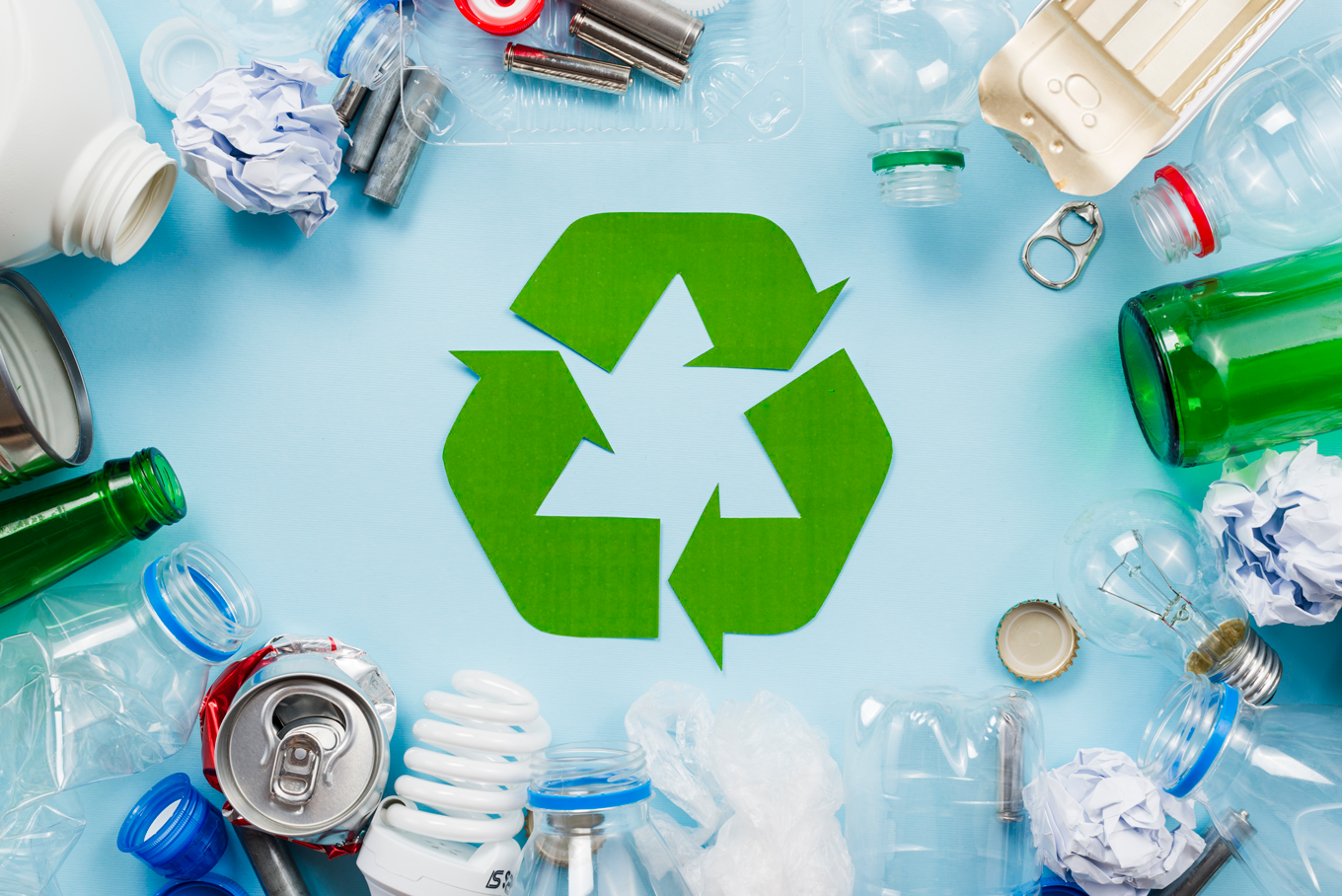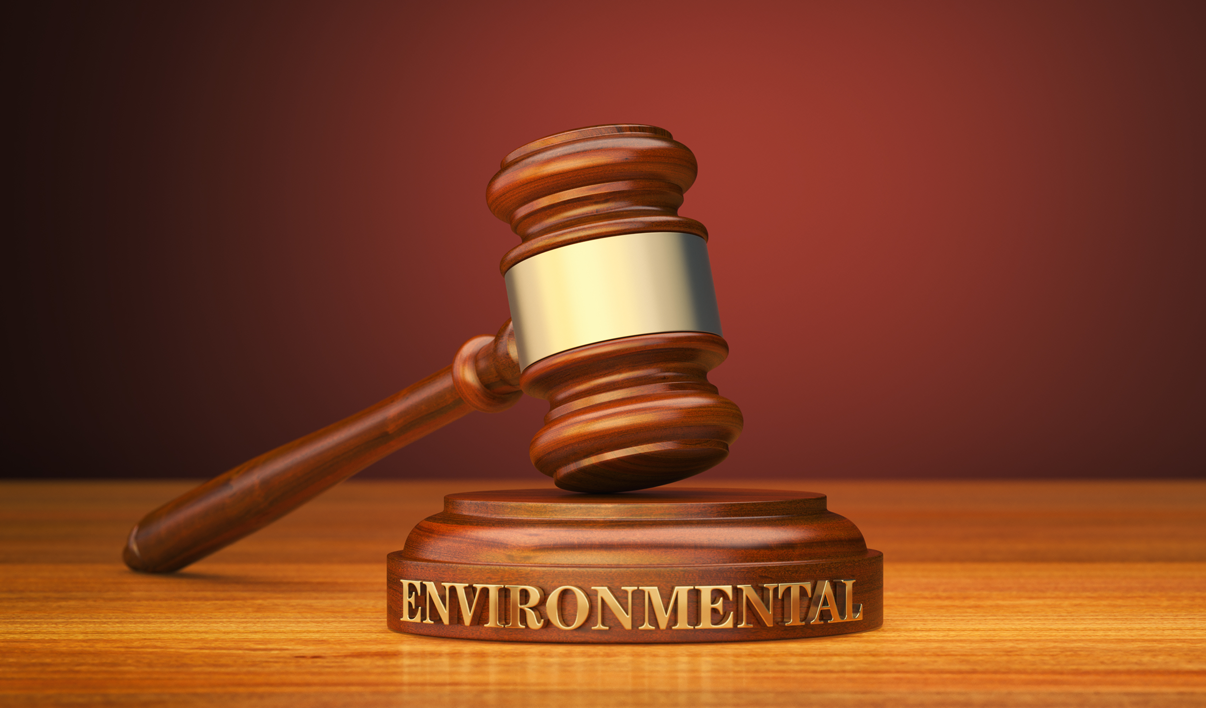During 2024, at least five states considered legislation to enact “Climate Superfund” laws targeting fossil fuel companies, applying “polluter pays” principles enshrined in the US federal Superfund law (Comprehensive Environmental Response, Compensation and Liability Act (CERCLA of 1980) and its many state counterparts. At least two states enacted such laws – Vermont and New York. The rest of this note provides brief summaries of these laws.
Read MoreAudit, Compliance and Risk Blog
Tags: Environmental risks, Environmental, Greenhouse Gas, climate change, Environmental Projects, Environment, Environmental Policy, Climate, environmental law, environmental protection, Environmental Compliance
Environmental issues in the party platforms for the 2024 US election
Posted by Jon Elliott on Mon, Sep 30, 2024
As the 2024 Presidential election enters its final stages, both major parties have published their election platforms. The Democrats have published a total of 91 pages covering all their promises, and the Republicans have published 16 pages. In 2020, the Democrats also published 91 pages, while the Republicans instead adopted a resolution promising continuity with ongoing Trump administration priorities (I wrote about the 2020 pronouncements HERE ). The remainder of this note summarizes the environmental elements in both parties’ 2024 platforms. Both documents conform to the parties’ general priorities, with the Democrats emphasizing continuing and expanding environmental policies of the most recent years while the Republicans promise to reduce regulatory burdens in line with returning to the policies of their most recent administration.
Read More
Tags: Environmental, Environment, environmental law, environmental protection, USA
On April 17, the US Environmental Protection Agency (EPA) issued a memorandum announcing its Strategic Civil-Criminal Enforcement Policy (“the Policy”). The Policy provides direction to EPA’s civil and criminal enforcement staffs, seeking to ensure that the two sometimes-disjoint groups coordinate training, procedures, and enforcement choices. The remainder of this note summarizes this new Policy.
Read MoreTags: EPA, Environmental Policy, environmental law, Civil-Criminal Enforcement Policy
EPA and Corps of Engineers redefine “Waters of the United States” in response to Supreme Court
Posted by Jon Elliott on Tue, Sep 19, 2023
On September 8, 2023, the US Environmental Protection Agency (EPA) and US Army Corps of Engineers (Corps) adopted revised definitions of “waters of the United States” (WOTUS) which is a critical but undefined term in the Clean Water Act (CWA). As I’ve discussed repeatedly, the agencies, potentially regulated entities, and others have disputed possible definitions for decades. Most recently, in May 2023 the US Supreme Court adjusted its own precedent to over-rule definitions adopted by EPA and the Corps in January 2023 (I discussed the January rules HERE, and the Supreme Court decision (Sackett v. EPA) HERE). The rest of this note identifies the newest regulatory (re)definitions, adopted to conform the agencies’ regulations to the latest Supreme Court guidance restricting the types of wetlands potentially considered to be WOTUS subject to CWA regulation.
Read MoreTags: EPA, clean water, CWA, Clear water, water pollutants, environmental law, water, WOTUS
Maine enacts first US extended producer responsibility law for packaging
Posted by Jon Elliott on Wed, Sep 01, 2021
In recent years, governments around the world have extended solid waste management efforts to support—and in some cases require—recycling and resource recovery efforts to divert more solid wastes from landfills, and to substitute reused materials or raw materials. Increasingly, specialized stewardship programs target particular types of hazardous wastes – used oils, spent batteries, etc. – the national advocacy group Product Stewardship Institute identifies more than 120 such programs spread among 34 US states (I introduced these efforts HERE). Maine already has a number of these programs.
Read MoreTags: Environment, environmental law, Maine, Recyclable, Packaging
Proliferating product stewardship programs facilitate recycling
Posted by Jon Elliott on Wed, Aug 18, 2021
Solid waste management has come a long way since enactment of the Solid Waste Disposal Act (SWDA) of 1965 to address the national “landfill crisis.” The Environmental Protection Agency (EPA) applies SWDA authority to adopt landfill standards, which are administered by state and local governments. EPA also empowers these state and local governments to do more, not just through additional disposal standards, but through expanded requirements for recycling and resource recovery efforts designed to keep more solid wastes out of landfills. In addition, extended management programs impose “product stewardship” and “extended producer responsibility” on manufacturers. This note discusses these introduces these ideas, and summarizes the extent of state programs that apply them.
Read More
Tags: EPA, SWDA, Environment, environmental law, Recyclable, Stewardship Program
Supreme Court reminder in Superfund case: settling a case under one environmental law may not affect potential liability under others
Posted by Jon Elliott on Wed, Jun 23, 2021
The many overlaps and disjunctions in environmental protection laws mean that many situations are potentially subject to multiple laws and their associated enforcement provisions. On May 24, the US Supreme Court decided the latest incarnation in a long-running dispute between the federal government and the territory of Guam over contamination at a landfill, which included an earlier round involving the Clean Water Act (CWA) and the latest round involving the Superfund law (Comprehensive Environmental Response, Compensation, and Liability Act (CERCLA)) (Guam v. United States). The court decided that a 2004 settlement in a CWA enforcement case did not – and could not – affect Guam’s latest search for financial contributions to cleanup under CERCLA. This decision provides not just specific clarification of the relationship between two CWA and CERCLA cost recovery provisions, but also a general reminder about the need to craft settlements carefully.
Read More
Tags: Environmental, CWA, Supreme Court, CERCLA, environmental law







